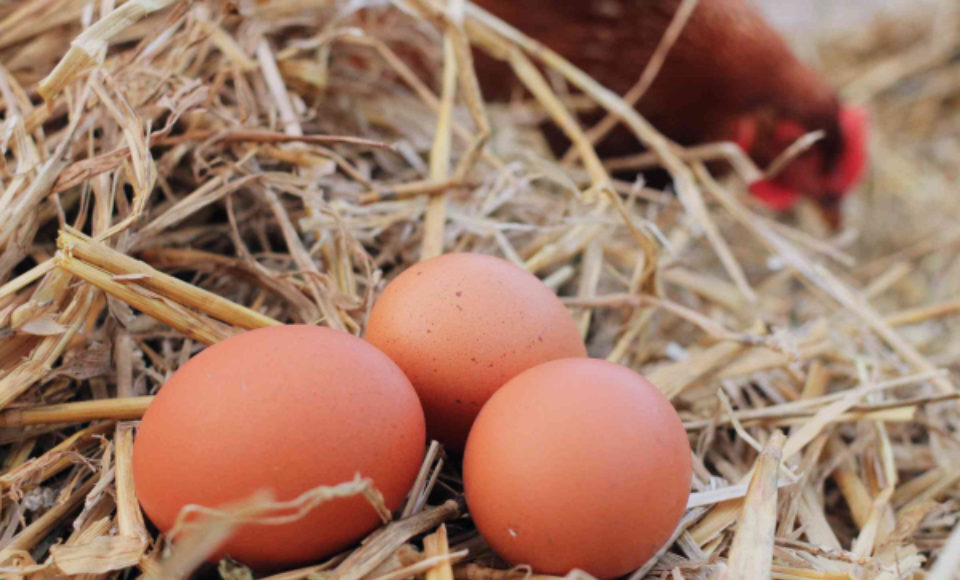Have you ever wondered what to do with the surplus of eggs that your hens lay? Ensuring that no egg goes to waste is a priority for many farm enthusiasts and chicken lovers. Egg freezing is a practical method for preserving these precious goods. This comprehensive guide provides egg freezing tips for excess eggs to help you manage and store them efficiently.
In this guide, we will explore various techniques and provide expert advice to make sure your eggs stay fresh and ready for future use. From understanding the importance of egg freezing to practical steps in the freezing process, we’ve got you covered.

Understanding Egg Freezing
Before delving into specific tips, lets understand why egg freezing is a valuable practice. It helps in prolonging the shelf life of eggs, allowing you to enjoy them at a later date without worrying about spoilage.
Why Freeze Excess Eggs?
The primary reason to freeze your excess eggs is to reduce waste. If you are familiar with daily egg care, you know how vital it is to preserve them properly for maintaining freshness and nutritional value.
The Benefits of Egg Freezing
Freezing excess eggs keeps them from spoiling and also helps you plan your meals better. It offers convenience and helps maintain a steady supply of eggs through different seasons when hens might not lay as much.
Step-by-Step Guide to Freeze Eggs
Preparing Eggs for Freezing
The key to successful egg freezing lies in the initial preparation. Start by cleaning your eggs thoroughly. Unsure how? Follow this egg cleaning guide.
Crack and Pour
Unlike some might think, you should not freeze eggs in their shells. Crack each egg into a bowl and check for quality. Make sure there are no eggshells in the content before proceeding.
Beating and Seasoning
Its advisable to gently beat the eggs before freezing them. This helps maintain their texture when you thaw and use them later. You can add a pinch of salt or sugar, depending on your future use plans.
Storing Eggs in Freezer
Once prepared, pour the egg mixture into a container or ice cube trays, making it easier to take out when needed. Label them with the date and egg count for organized storage.
Best Practices for Egg Freezing
Container Choice
Choose freezer-safe containers for storing the eggs. Packaging plays a vital role in preserving the integrity of the eggs.
Temperature Guidelines
Make sure your freezer temperature stays constant, ideally at 0 degrees Fahrenheit (-18 degrees Celsius) to ensure eggs freeze properly and remain safe for consumption.
Thawing Process
To thaw frozen eggs, transfer them to the refrigerator and let them thaw gradually. Eggs should not be rushed during this process, as sudden temperature changes could affect the texture and taste.
Extended Egg Storage Solutions
Comparing egg storage methods provides perspective on how freezing stacks up against other techniques.
Alternative Preservation Methods
Besides freezing, there are multiple ways to store eggs. Check out egg preservation techniques to explore different methods such as pickling or dehydration.
Signs of Spoilage in Eggs
Be aware of what spoiled eggs look like. Understanding egg freshness is critical for consuming eggs safely.
Managing Egg Quality
Good care of hens leads to quality eggs. Explore what healthy hens look like to ensure premium egg production.

Frequently Asked Questions
What Type of Eggs are Ideal for Freezing?
Fresh, high-quality eggs are best for freezing. Ensure they are collected from optimal coops.
How Long Can Eggs Be Stored in a Freezer?
Eggs can be stored for up to a year in the freezer while maintaining their flavor and nutrients, as long as guidelines are followed.
Can I Freeze Boiled Eggs?
Freezing boiled eggs is not recommended as it negatively impacts their texture and taste. Instead, stick to freezing raw or beaten eggs.
By following these egg freezing tips for excess eggs, you’ll efficiently manage your egg surplus. Whether you are a chicken lover or a dedicated homesteader, these practices ensure you always have fresh eggs at your disposal, reducing waste and enhancing your culinary adventures.
This article contains affiliate links. We may earn a commission at no extra cost to you.










